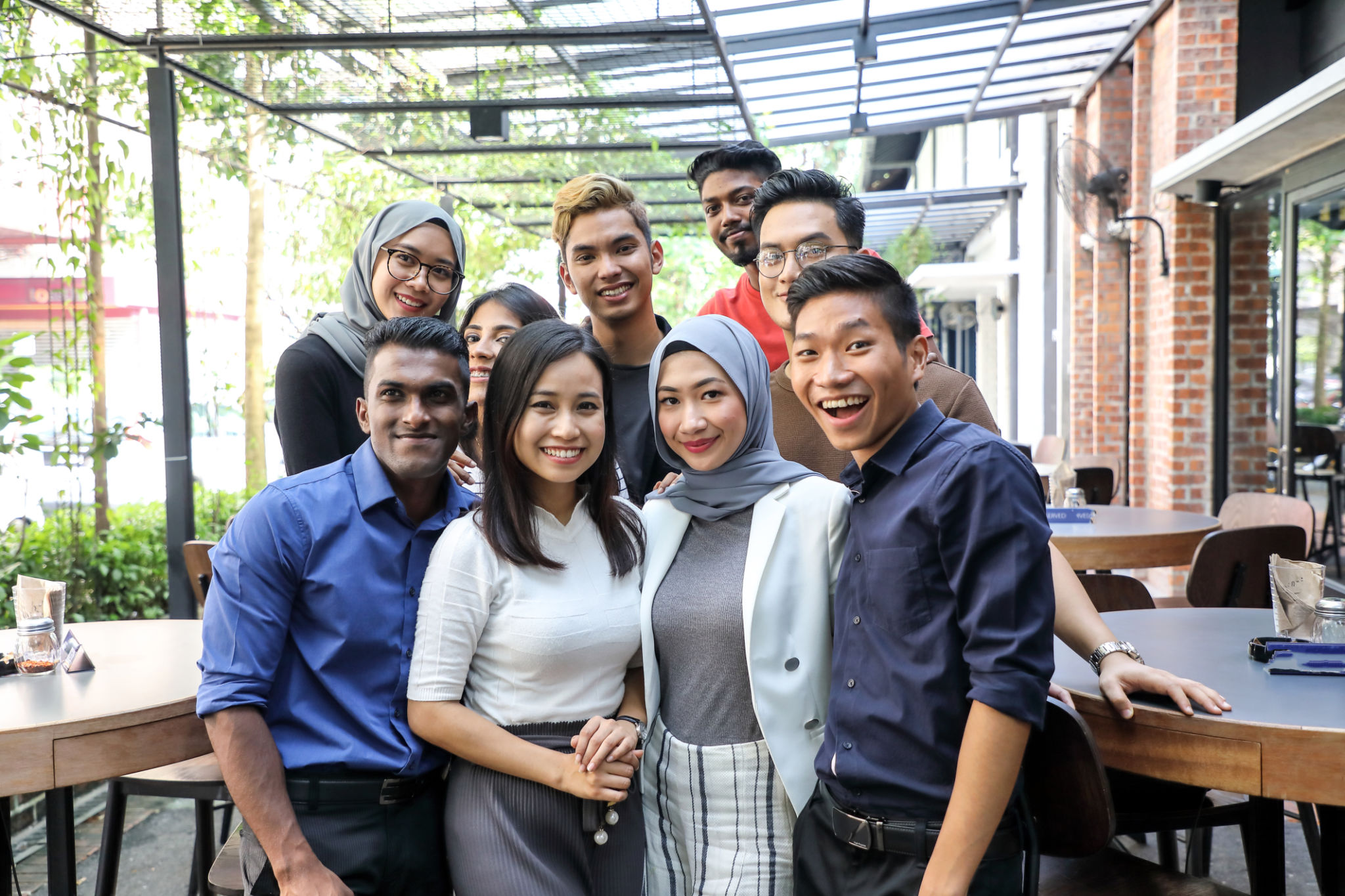The Impact of Local Culture on Education in Kuala Lumpur: Insights and Perspectives
The Influence of Local Culture
Kuala Lumpur, the bustling capital of Malaysia, is a melting pot of cultures, each bringing unique influences to various aspects of life, including education. The rich tapestry of Malay, Chinese, Indian, and indigenous cultures shapes the educational landscape, offering both opportunities and challenges.
Local culture impacts the way education is delivered and received, with traditions and values playing a significant role in shaping students' learning experiences. This cultural diversity enriches the curriculum, providing a broad perspective that prepares students for a globalized world.

Cultural Values in Education
In Kuala Lumpur, respect for authority and a strong emphasis on discipline are deeply rooted in educational settings. These values are reflected in classroom dynamics, where teachers are respected figures and students are expected to adhere to strict codes of conduct.
The integration of cultural values in education also extends to curriculum content. Schools often incorporate local history, literature, and languages into their programs, fostering a sense of pride and identity among students. This approach not only preserves cultural heritage but also promotes inclusivity and understanding among diverse student populations.

The Role of Festivals and Traditions
Festivals and traditions play an essential role in the educational journey of students in Kuala Lumpur. Schools often celebrate major cultural festivals such as Hari Raya, Chinese New Year, and Deepavali, allowing students to engage with different cultures and traditions firsthand.
These celebrations offer invaluable learning experiences beyond textbooks, enabling students to appreciate the significance of cultural diversity and the importance of harmony. Participation in such events helps students develop social skills and fosters a spirit of cooperation and mutual respect.

Challenges and Opportunities
While the cultural richness of Kuala Lumpur provides numerous educational benefits, it also presents challenges. Balancing the diverse needs of students from different cultural backgrounds can be complex. Teachers must be culturally sensitive and adaptable to address varied learning styles.
Moreover, the pressure to excel academically can sometimes overshadow the importance of cultural education. Striking a balance between academic rigor and cultural enrichment is crucial to ensure a well-rounded education for students.
Embracing Multicultural Education
The education system in Kuala Lumpur is increasingly recognizing the need for multicultural education. By embracing diversity, schools can create inclusive environments that cater to all students' needs, regardless of their cultural background.
Encouraging dialogue and collaboration among students from different cultures not only enhances learning experiences but also prepares them for future challenges in a global society. Schools are beginning to implement programs that promote cultural exchange and understanding.

Conclusion
The impact of local culture on education in Kuala Lumpur is profound and multifaceted. It shapes teaching methods, curriculum content, and student interactions, making education a reflection of the city's vibrant cultural landscape. By acknowledging and integrating these cultural influences, Kuala Lumpur's educational institutions can foster an environment that respects diversity while promoting academic excellence.
As the city continues to grow and evolve, its educational system must adapt to meet the changing needs of its diverse population. Embracing cultural richness as an asset rather than a challenge will be key to nurturing future generations equipped to thrive in an interconnected world.
